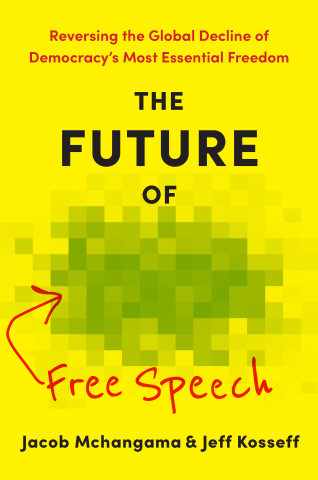
Reviews
Students of contemporary religion and contemporary politics should consider Hibbard's argument very seriously.
With its accessible language and rich examples, this book would be of interest to a wide audience that includes general readers as well as scholars of religion and politics.
His analysis, carried through across three different religions, is impressive.
This is a fascinating work, well worth a careful read by Middle East specialists.
An important contribution to the literature on religion and politics. Hibbard's argument is ambitious, the macro-comparison of Egypt, India, and the United States is novel and interesting, and he has clearly done a wealth of research.
The study of religious nationalism has gathered considerable momentum in the last twenty years. But no one has shown so comprehensively as Scott Hibbard the impact of the political manipulation of religion on shaping national ideals. His examination of the contemporaneous policies of the Indian, Egyptian, and American governments is as revealing as it is original.
Book Details
Preface
Introduction: Rethinking the Secular State
1. Reinterpreting Modern Religious Politics
2. The Rise and Decline of Egyptian Secularism
3. The Islamization of Egyptian Politics
4. The Rise and
Preface
Introduction: Rethinking the Secular State
1. Reinterpreting Modern Religious Politics
2. The Rise and Decline of Egyptian Secularism
3. The Islamization of Egyptian Politics
4. The Rise and Decline of Indian Secularism
5. Embedding Communalism in Indian Politics
6. The Rise and Decline of American Secularism
7. Religious Nationalism in the Reagan-Bush Era
Conclusion: Religious Politics Reconsidered
Notes
Index





